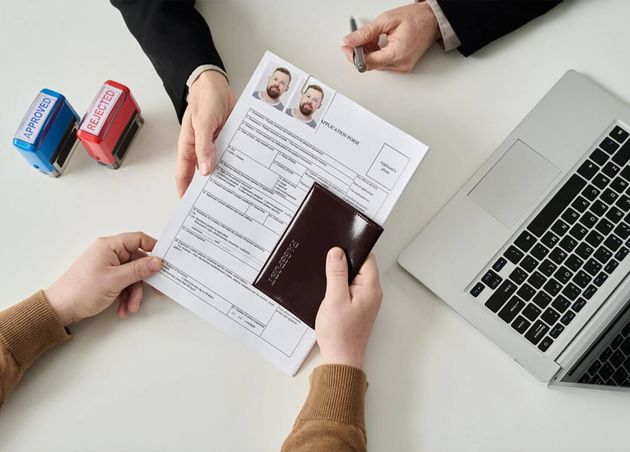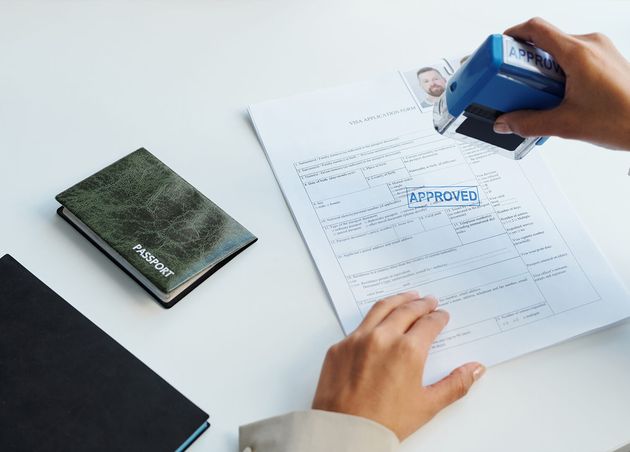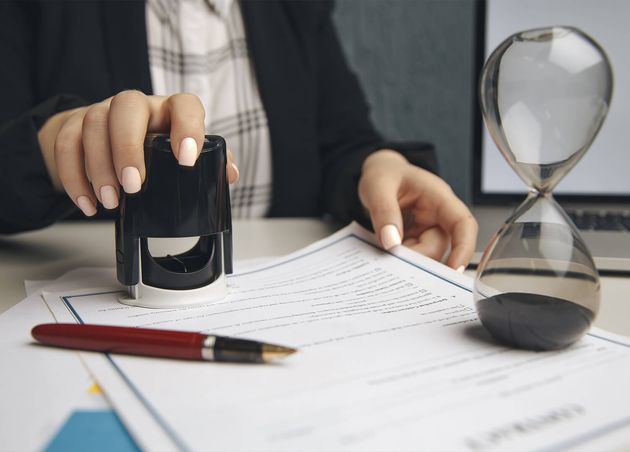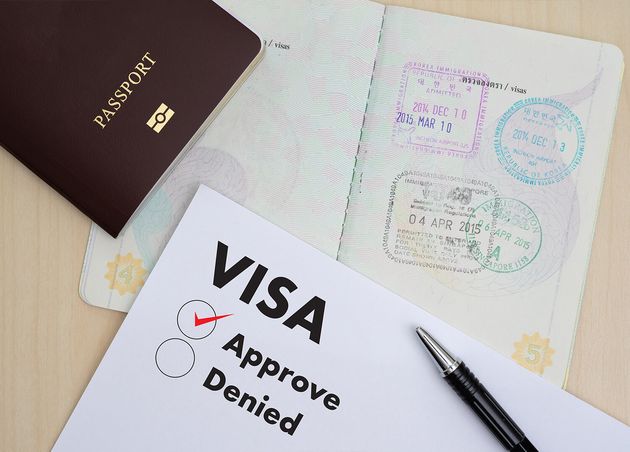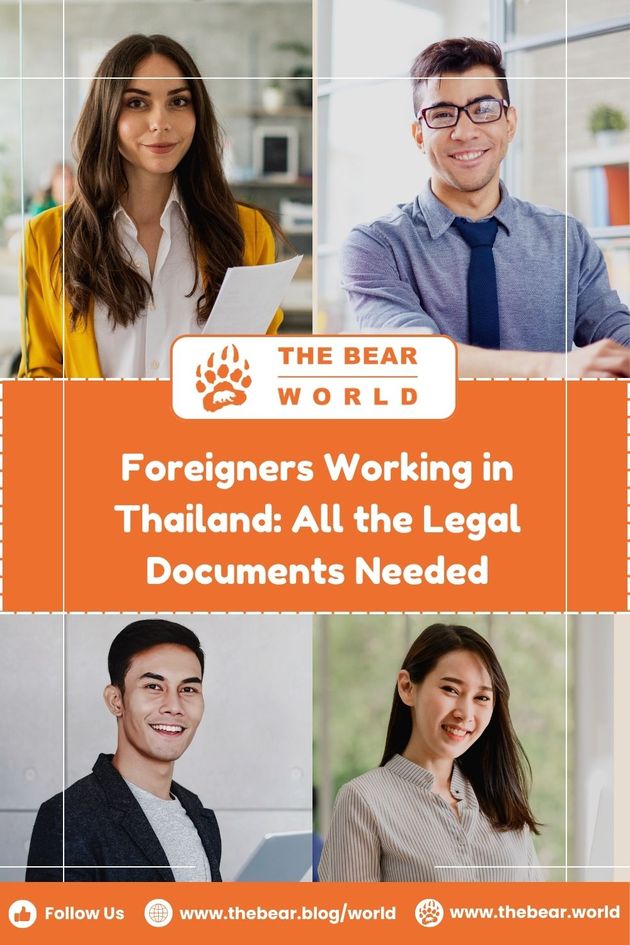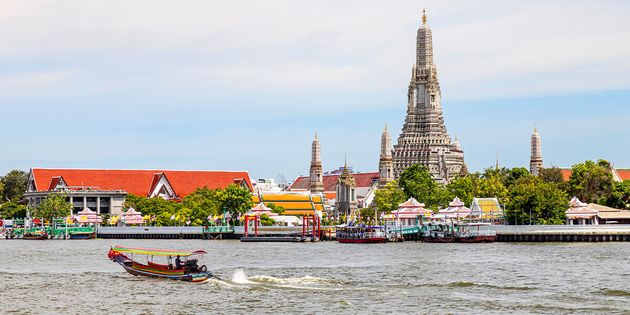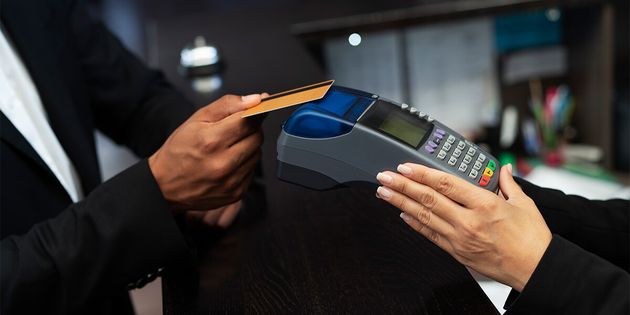Foreigners Working in Thailand: All the Legal Documents Needed
If you wish to travel to Thailand, it is a glorious destination with spicy food, magnificent nature, and extended views. However, have you got a job lined up? Then the ideal method is to obtain a Thai work permit, allowing you to work in Thailand legally.
Recognizing the procedure to achieve a work permit is essential for expatriate employees and their employers in Thailand. Indeed, a letdown to do so would suggest unlawful employment in Thailand in most cases.
A foreigner would require an initial non-immigrant visa to obtain a work permit in Thailand which must be attained before entering the country. Previously if the foreigner had a non-immigrant visa, he or she could process the work permit. A work permit will not be granted to a foreigner who does not keep a non-immigrant visa.
So, here we brought the complete guide regarding the legal documents needed for foreigners to work in Thailand. If you have any questions or want to know more, read this article!
Attaining Proper Documents to Work in Thailand
Tourists are not authorized to work in Thailand. However, they can change their visa into a Non-Immigrant B Visa if they want to. This visa is generally allocated to foreigners to connect in business or employment objectives inside Thailand. It gets 90-day single access or 1-year multiple access. They could pertain to this visa in the Thai embassy in their country of origin. If they are in Thailand already, they can refer to the visa in the immigration department.
An additional vital document is the Work Permit. The Work Permit is the document that infers a foreign worker’s quality of work, duration of occupation, and fundamental information like who they are working for or where they live. A farang (even if he or she is a non-immigrant B visa holder) is restricted from working in Thailand without this document. To apply for a work permit, it's a prerequisite to possess a non-immigrant B visa. Similar to a visa, a work permit can be extended or canceled based on specific circumstances.
The work permit is refined in the Ministry of Labour. On average, it takes seven days to finalize the function and earn a work permit. The prospective employer may assign this work permit on behalf of the foreigner. Still, the work permit can only be allocated once the foreigner has arrived in Thailand following the immigration laws and expressed himself to obtain the permit.
In Thailand, a work permit is granted to an individual with the assistance of a company for a specific role and job role within that company. A work permit does not require a foreigner to work outside that company's identification.
Thai Work Permit for Expats
A foreigner must refer to a work permit to legally work in Thailand. The work permit is a legal document expressing a foreigner’s role, recent duty, job description, and the Thai company he or she works with. It also encompasses obtaining a license to engage in a job or employment permitted for foreigners in Thailand.
Foreigners entering Thailand are not authorized to work. Nonetheless, of their type of visa, unless they are approved for a work permit. Those who plan to work in Thailand must carry the correct type of visa to apply for a work permit.
Moving to Thailand, overstaying a visa and illegal labor have become widespread among expats, mainly the youthful, backpacking ones that Thai authorities are launching to crack down on permit invasions. It is not unheard of for Thai police to go to a workplace and demand to see everyone’s work permits. In Krung Thep Maha Nakhon (Bangkok), police have inspected prominent places with foreigners, such as night markets.
Responsibilities of a Foreign Employee
The checklist for foreign workers extends beyond illegal types of work. It just starts up upon receiving the work permit. The Work Permit is a small booklet consciously prepared to hold its owner. The farang should always save the booklet with him, particularly at work. An employee should accomplish the work as expressed in the work permit. In no possibility they should conduct other tasks besides the one declared on the document.
In the instance of changing addresses, they must pertain to modifications. If the work permit is missed or harmed, it must be reported to the labor department soon, where a new one will replace the document. Upon work resignation, the document should be withdrawn to the labor department within seven days.
It is very serious to point out that negligence to act on the abovementioned requirements is punishable by charges, or terrible, confinement and detention. Thai authorities are adamant about crimes and the law in general. Trust this; you don’t want to be on the receiving end. After all, following simple actions and requirements are not that difficult.
Prohibited Types of Work
Suppose you are a future expatriate enthusiastic about working in Thailand. In that case, you should be aware that there are specific restrictions on foreign workers and employees. In accordance with the Foreign Business Act, foreigners are prohibited from engaging in employment in various sectors within Thailand, including the construction sector, retail, office assistance, and several other fields.
Therefore your promising opportunities for working in Thailand are qualified positions in the following fields: ICT, the petrochemical industry, medical technology, manufacturing, engineering, or finance and trade. In addition, the hospitality industry is another lucrative sector if you have adequate English skills and some knowledge of Thai.
Expats should also be conscious that it is a law that Thai companies assign at least 50 Thai nationals for every foreign employee, up to five foreign employees, which can occasionally make getting a full-time job difficult in specific sectors but not impossible.
🚀 Expat Trivia!
Foreigners may need an initial visa, specifically a non-immigrant visa, to work in Thailand. This type of visa can be obtained prior to entering the country. Once the individual possesses a non-immigrant visa, they can initiate the process of obtaining a work permit. The process for obtaining a work permit typically takes around seven business days to be finalized. This application is handled through the Ministry of Labor office.
Essential Steps for Foreign Employees
Before moving to Thailand, foreign employees should confirm that the Thai company supports the application for a non-immigrant visa. They can subsequently enter Thailand during the window of time enabled by the visa and commence the method to attain a work permit with the service of their employer.
Once approved, work permits are typically valid for the same duration as the initial visa. Expatriate workers also have the option to apply for a visa extension while in Thailand, which can range from 90 to 365 days.
To initiate the application for a foreign employee's work permit, the foreign employer is required to provide the following documents:
- Application form signed by the employee.
- Letter of employment from the company.
- Certificate of Incorporation.
- The audit report and balance sheet for the three preceding years.
- Declaration form for personal income tax or withholding tax for the employee.
- A documented report detailing the employee's tasks along with a declaration of adherence to the conditions outlined in the work permit booklet.
- A map indicating the company's location, signed by the authorized Director.
- Duplicate of the foreign employee's passport along with the valid non-immigrant visa stamp.
- Medical certificate issued by a licensed Thai doctor and a syphilis test result.
- Three color photographs of the employee.
- Authenticated duplicates of the employee's educational diplomas and relevant credentials.
The applicant is required to provide the following documents:
- Copies of all pertinent passport pages, each with your signature.
- 3 passport-sized photos (4 x 6 cm).
- A copy of your Non-Immigrant Visa.
- Your departure card.
- Copies of any relevant educational degrees or qualifications, with your signature.
- Copies of applicable transcripts, certificates, or licenses, with your signature.
- Your Resume, detailing your prior roles, responsibilities, and the duration and location of previous employments.
- A medical certificate not older than six months, issued by a recognized hospital in Thailand. It must indicate the applicant's blood type and confirm their good mental and physical health.
- A letter of authorization for the person applying, along with a 10 THB duty stamp.
- If married to a Thai national, a copy and original of the Marriage Certificate, all signed by you.
- If married to a Thai national, copies of your partner's Thai ID card, birth certificates of any mutual children, as well as household registration.
Step 1: Employment Agreement
Once conferred, the foreign worker has to carry the work permit all the time, particularly at the workplace and during working hours. It's important to highlight that the foreign worker is authorized to carry out the tasks specified in the work permit and exclusively under the designated employer.
Step 2: Getting the Work Permit Approved
A job description is frequently the determining factor in approving or refusing a work permit. The application will only be accepted if the written job description expects skills that a Thai is not likely to possess. The department frequently aims to reduce the number of licenses granted to showcase its commitment to safeguarding employment opportunities for Thai citizens. Consequently, if your company files for three permits, they might only approve one or two. You need professional help to ensure all of your applications will have a successful consequence.
Step 3: Signing for Your New Work Permit
Upon its approval, your first and only impression of the work permit will be at the Labor Department. Subsequently, you are required to personally attend and present your passport, where you will sign the work permit booklet in the presence of Labor Department personnel. At the time of receiving the permit, the Labor Department will affix a stamp on the back of your passport.
Step 4: Restrictions on Your Work Permit
Once your work permit is approved, you're allowed to work at the specific company and location mentioned. If you change your employer or workplace, you'll need to apply for a new permit. If you resign, are let go, or are laid off as per the legal rules, you must return your work permit to the Labor Department within 10 days. Don't rely on your company to do this for you – it's your responsibility to ensure the permit gets back to the Labor Department.
Step 5: Tax ID Card
Once your work permit has been processed, the subsequent task involves your company applying for a Thai taxpayer designation card. This identification card includes a tax ID number, which you will need to include on your tax-related documents.
Government Fee and Time Frame for Thailand Work Permit
Yes, It is not free of charge. You need to pay a Government fee when applying for a Work Permit. It is indicated at 100 THB on the application time. And you need to spend the government fee after the application has been upheld as per the following schedule,
- Less than three months: 750 THB
- 3-6 months: 1,500THB
- 6-12 months: 3,000THB
The timeframe for applying for a Thailand Work Permit is three working days upon submitting the inquiry about the Work Permit. Doing so can avoid jail, pay punishments, and be fined in a criminal case.
How Long Does it Take to Process a Work Permit?
The processing time for work permits in Thailand often varies depending on where you will be working. For example, work permits in Krung Thep Maha Nakhon (Bangkok) usually hold seven working days. However, it can take up to two months to be positioned in Phuket.
Rules after Receiving a Thai Work Permit
Most importantly, always keep your work permit and be prepared to show it to government officials whenever required. Failing to do so could lead to a fine of up to 1,000 Thai Baht. Additionally, if your work permit gets lost or damaged, apply for a replacement within 15 days to avoid a penalty of 500 Thai Baht.
You're only allowed to engage in the specific job mentioned in your work permit. You must apply for revisions if your job role changes significantly or your workplace address is altered. Neglecting this could result in a penalty of up to 2,000 Thai Baht or even a month's imprisonment. If there are any changes to your personal information in the work permit, you need to update the Employment Service to reflect the changes in their system.
When resigning, you must return the work permit within seven days of leaving, as not doing so can lead to a fine of up to 1,000 Thai Baht. If you need to extend your stay after your permit's expiry, ensure to apply for an extension before it expires to avoid penalties.
Those planning to stay in Thailand for more than three months must report to the immigration department every 90 days. You can do this 15 days before or up to seven days after the due date. Reporting can be done in person, through registered mail, or using the department's electronic system.
How to Extend a Thai Work Permit?
If you want to extend your work permit when closing expiry, you can apply for a one-year extension via the Immigration Bureau. You will need all the documentation you procured during the first application procedure, and they must be stamped and signed.
Visa Conversion to Non-Immigrant Visa Inside Thailand
If you're currently holding an arrival or tourist visa, you have the option to switch to a Non-Immigrant Visa, which permits you to work, live with a Thai spouse, study, or retire in Thailand. This conversion can be done at the Immigration Office's main headquarters in Krung Thep Maha Nakhon (Bangkok).
During the application process, you'll need to be present in Thailand for 15 days to await approval. Once approved, the Immigration Office will place a "Non-Immigrant" Visa stamp in your passport, allowing you a 90-day stay. Remember, it's essential to extend this visa before it expires.
Here are some useful details for obtaining a visa conversion within Thailand:
- Your remaining visa must be longer than 15 days.
- You cannot leave Thailand while you wait for the result.
- You must obtain a Re-Entry Permit upon getting the visa before you leave the country.
- You can extend a one-year visa before it expires.
Key Insights for Foreigners in Thailand
Thailand's welcoming people and vibrant culture make it a great choice for working abroad. However, understanding the necessary documents takes center stage when considering employment in Thailand.
- All foreign residents who wish to reside and work in Thailand must defer a visa application to a Thai embassy or consulate.
- Work permits are only open to Non-Immigrant B and O visa occupants.
- The Ministry of Labour issues the work permit to the employer rather than the employee.
Our guide is here to provide you with all the essential information you need to navigate the legal requirements for foreigners working in Thailand. Join us to embark on your journey to working in Thailand with confidence!
🚀 Vocabulary Time
Adequate
: satisfactory or acceptable in quality or quantity
Deemed
: regard or consider in a specified way
Expatriate
: a person who lives outside their native country
Farang
: a Thai word for European or other foreigners
Lucrative
: producing a great deal of profit
Expat Bear
More From The Bear World
Moving to Bangkok Guide: Everything You Need to Know
Lifestyle Bear





